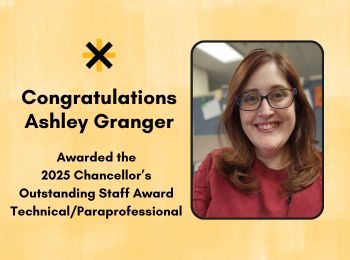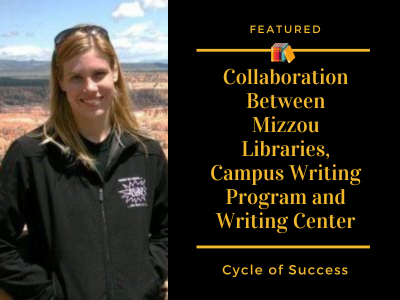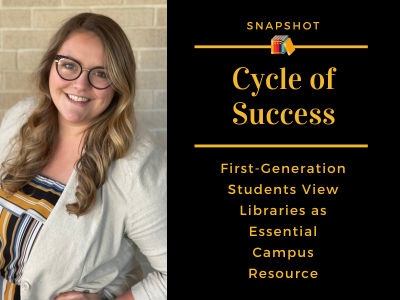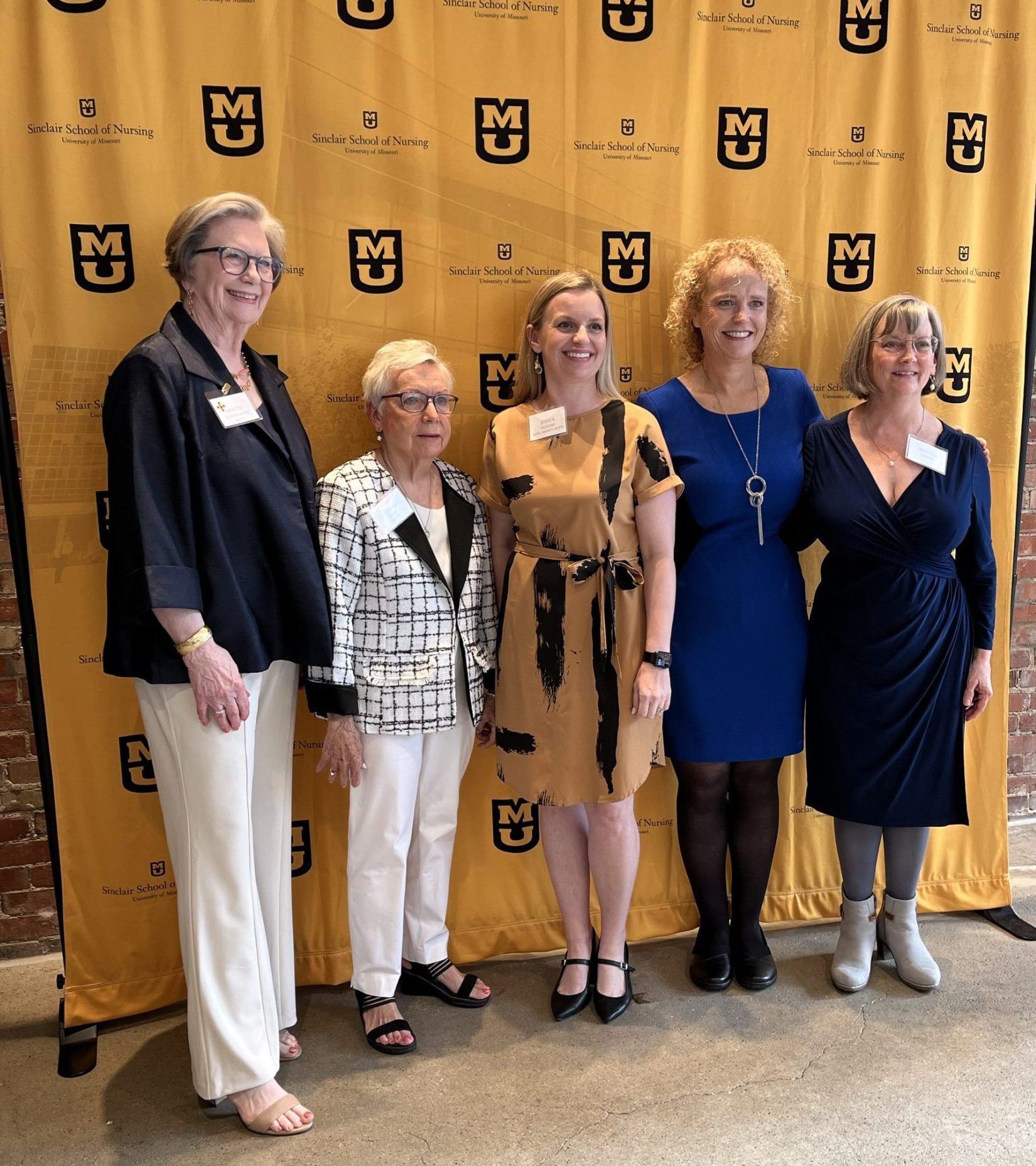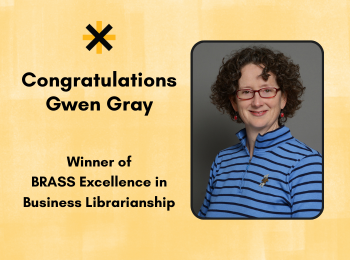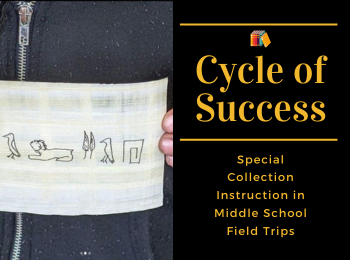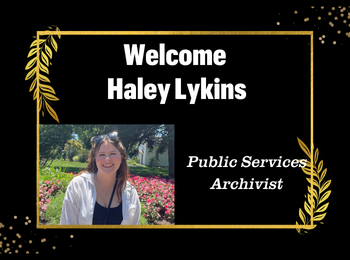Revision of article written by Clare Starkey, Haley Lykins, and Kelli Hansen
The University of Missouri’s division of Special Collections holds over 100,000 items, dating from the eighth century to the modern era, and focuses on books, periodicals, manuscripts, maps, posters, printed ephemera and artifacts. Though the typical patrons are collegiate researchers, classes for elementary and middle school students are common and are an important part of the University of Missouri’s mission to benefit all Missourians. In the spring of 2024, Special Collections at the University of Missouri hosted a series of field trips for every sixth grader in the Columbia Public School (CPS) district—more than 1,300 students—under the theme of “Ancient Writing Technologies Lab: Cuneiform, Papyrus, Palm Leaves, Oh My!” This workshop gave students a chance to experience ancient writing technologies from across Africa and Asia while interacting with primary sources. Conceived in consultation with the school district’s social studies coordinator, the Special Collections staff provided hands-on activities on the history of the book to complement the school curriculum on ancient Mesopotamia, Egypt, India and China.
Public Services Archivist Haley Lykins stated, “It was exciting to see our primary sources utilized by a new age group. The experience taught us to look beyond the walls of our academic institution for opportunities of outreach and instruction.”
The students rotated between three workstations representing the ancient world. Items from the University’s collection were included to provide a real-life example of the focus of each station and included cuneiform tablets, papyrus fragments and a facsimile palm leaf book. The students visited the University of Missouri campus over the course of 14 field trips throughout April and May. In addition to Special Collections, students visited the University of Missouri’s Museum of Art and Archaeology, Museum of Anthropology, and Francis Quadrangle. Although Special Collections hosted only 10-25 students at a time, around 100 students overall visited each field trip day.
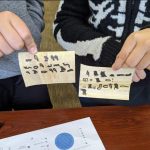
In each 25-minute session, groups of 3-8 students would spend 7 minutes at a station before rotating to the next one. Each station began with a short informational presentation about the collection item before moving onto the activity. The workshops included making replica cuneiform tablets using playdough, drawing hieroglyphics on papyrus using calligraphy markers, and creating replica palm leaf books by writing stories on long strips of paper and tying them together with yarn. The learning objectives for the workshops were to discuss different writing surfaces from different times and different parts of the world, to describe the advantages and disadvantages of the different surfaces; and to interpret, analyze and evaluate primary sources.
After the field trips, Joy Bass, the social studies coordinator for CPS, said, “Just wanted to let you all know that teachers AND students have rated your ‘station’ very high in their reflection surveys and SO many have said it’s been their favorite.”

